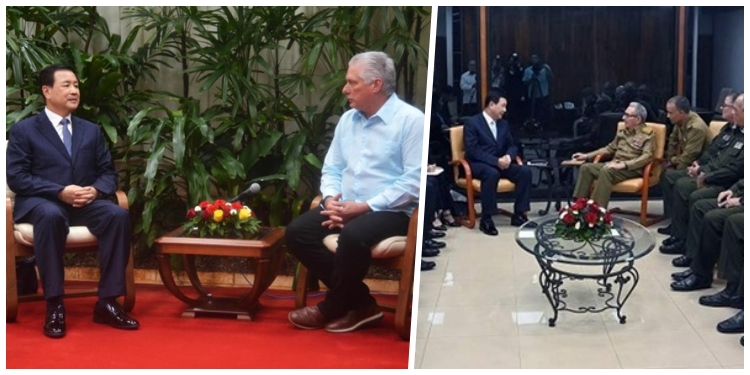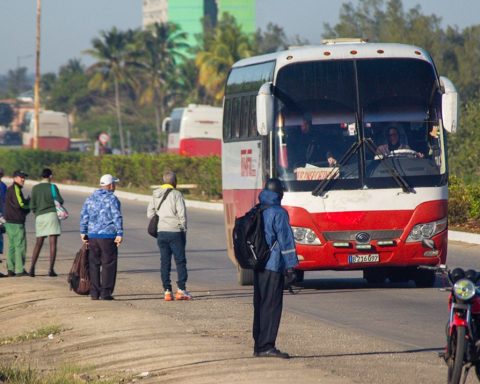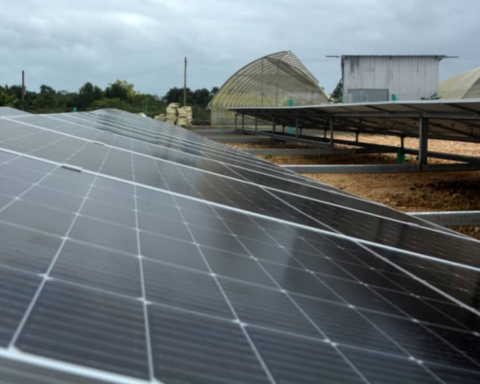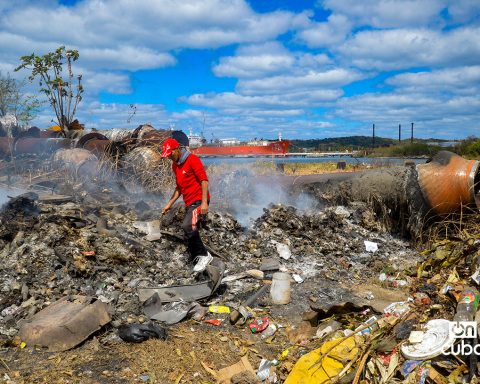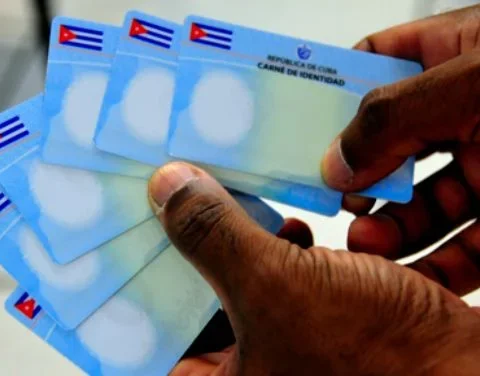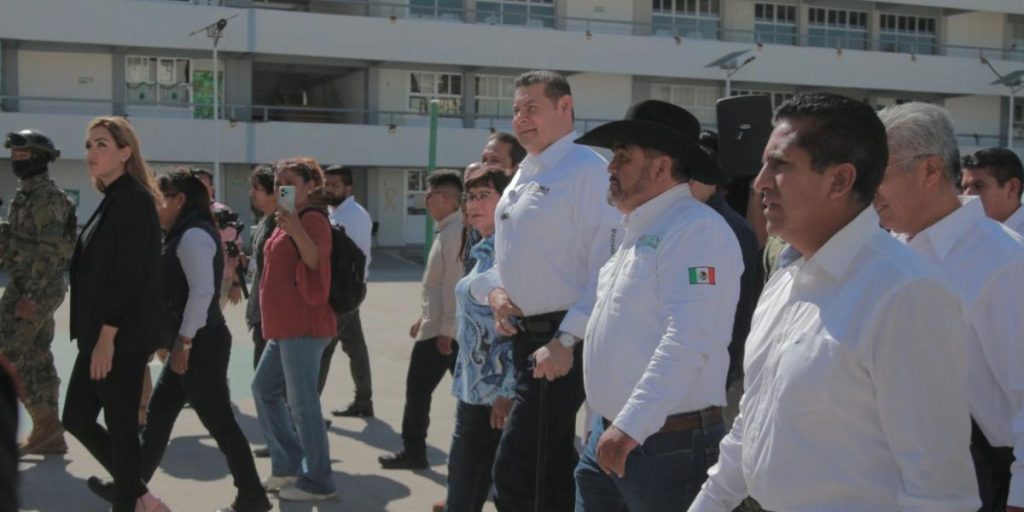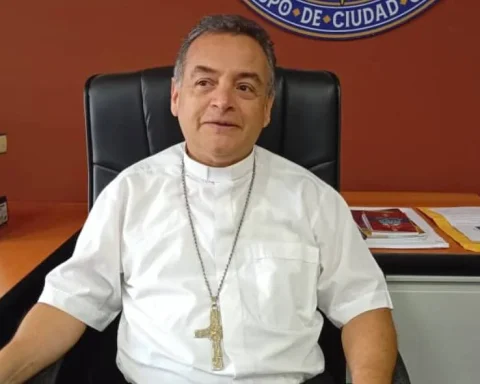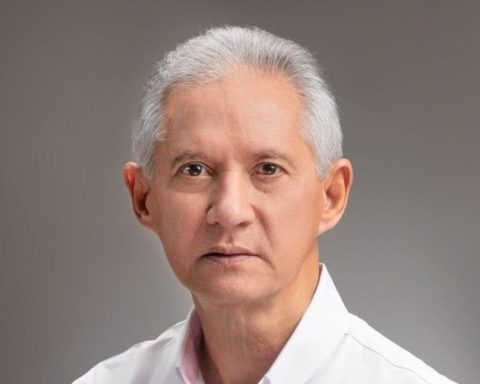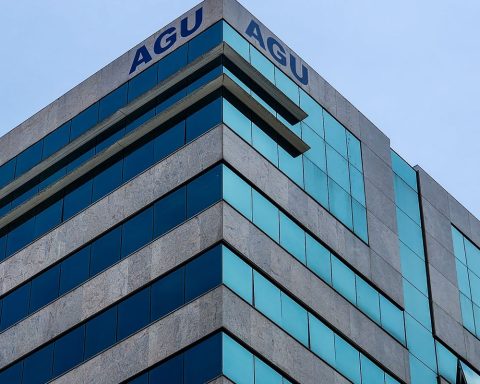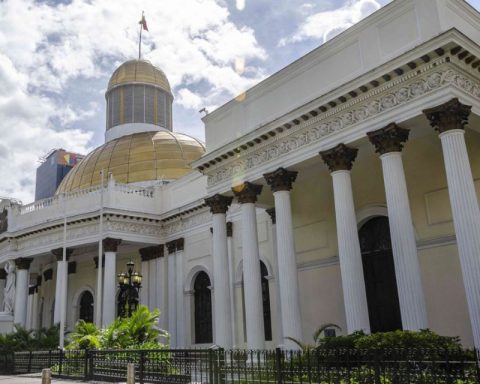AREQUIPA, Peru – The Cuban Regime Strengthens Political Ties with China and Agrees to Boost Cybersecurity, Education, and Research.
The matter came to light this weekend during the visit to Cuba by General Commissioner Wang Xiaohong, State Counsel and Minister of Public Security of China, who was received in Havana by Raúl Castro and Cuban leader Miguel Díaz-Canel.
A report from the official newspaper Granma highlighted Wang Xiaohong’s meeting with Díaz-Canel, where both parties expressed interest in coordinating their propaganda apparatus. They discussed the “support for confronting the policies of cultural and hegemonic colonization, as well as subversion, imposed by the empire on our nations.”
In this regard, the Cuban regime emphasized “the support that has been given to systematic, stable cooperation between the public security ministries of both countries, addressing issues of mutual interest and facing common challenges, including the need to enhance cybersecurity.”
Meanwhile, during the exchange with Raúl Castro, the nonagenarian leader of Cuba’s Communist Party expressed gratitude to China for its “timely collaboration” in light of “the complex situation facing the island.”
According to the state-run Latin Pressthe allies expanded their cooperation this weekend in education, training, academic research, and scientific collaboration by signing memorandums of understanding on these topics.
The Higher School of State and Government Officials of Cuba (ESCEGC, by its Spanish acronym) and several universities from China’s Hunan province signed these agreements as part of the recently concluded Public Administration Management Seminar for Latin American Countries.
The Cuban delegation signed memorandums with institutions such as the School of Administration, the School of the Cities, the Vocational Railway School, the Professional School of Non-Ferrous Metals Technology, and the Professional School of Environmental Technology in Changsha, all based in Hunan province .
Cuba-China Relations: A Cause for Concern
In late October, US authorities expressed “concern” over the strengthening ties between the Cuban regime and the autocratic powers of Russia and China, following the recent BRICS summit—a bloc of nations seeking to challenge Western dominance in the global political and economic landscape.
“We remain concerned about Russia’s and the People’s Republic of China’s activities with Cuba, and we continue to take steps to counter them,” a US State Department spokesperson told Martí News.
US media outlets, such as The Wall Street Journalhave reported increasingly close relations between Cuba and China. The newspaper even claimed months ago that Chinese military bases were being built on the island and that Russian spies were operating in Cuba to monitor US military activities in the region.
“We remain confident in our ability to fulfill all our security commitments at home and in the region,” the State Department spokesperson stated, reaffirming Washington’s position amid growing tensions and the need to safeguard US interests against the potential influence of external actors like Russia and China.
However, the State Department representative emphasized that the Cuban government has the right to “choose the countries or groups with which it wishes to associate,” even if such alliances raise concerns in Washington.
Follow our channel WhatsApp. Receive information from CubaNet on your cell phone through Telegram.
